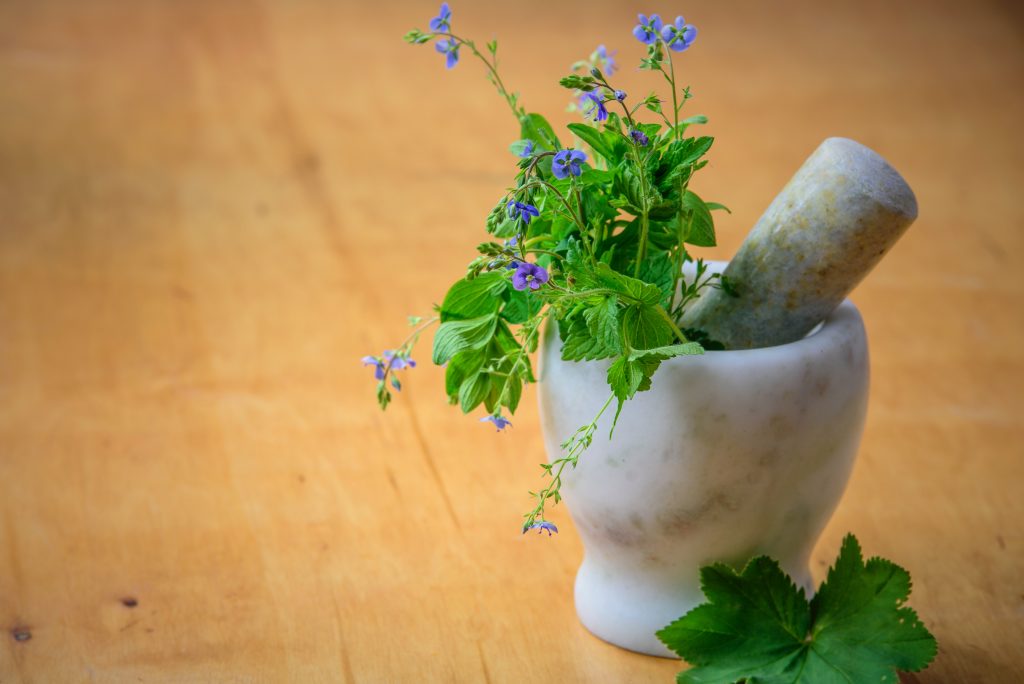 Items
Items


Although they are assigned different names, depending on whether they are present in one beverage or the other, they refer to the same molecule: an alkaloid from the xanthine group whose main characteristics are its bitter taste and its stimulating effect; that is why we commonly use the term “caffeine”.
Some people have become so used to consuming caffeine that they say they can’t start the day without their cup of coffee or tea, although these claims come mostly from coffee drinkers, and that is no coincidence. A standard cup of coffee typically contains around 96 mg of caffeine, while a cup of black tea contains around 47 mg. In addition, the consumption of tea tends to have a more ceremonious, almost ritualistic character, as occurs in some cultures, while the consumption of coffee usually occurs in a more expeditious and mechanical way, in its “takeaway” modality, or almost in one sip, as is the case with “espresso”.
Let us attempt a simplified description of caffeine’s journey through the body: after being consumed, it enters our bloodstream and is completely absorbed by our body about 45 minutes after ingestion. Subsequently, the liver is responsible for metabolizing it and converting it, through enzymatic action, into theophylline, paraxanthine and theobromine, three metabolites that in turn are metabolized into uric acid, finally being excreted in urine. Caffeine stimulates our central nervous system almost instantly and awakens us from lethargy or sleep; however, after about an hour and as the caffeine is expelled through the urinary system, a “low” is experienced that makes us need another dose to experience the stimulating effect again. This vicious cycle can lead coffee drinkers to drink between four and eight cups a day.

The unwanted effects of caffeine depend on each person, and some are more sensitive to it, experiencing headaches, diarrhea, rapid heartbeat or nervousness and anxiety, among other symptoms. Furthermore, it can aggravate conditions such as acne (caffeine increases the production of cortisol, which in turn stimulates sebum production), act as a dehydrating agent, with this effect also being evident on skin; it makes us more prone to stress and brings about changes in sleep patterns. It is for this latter reason that it is advisable to suspend caffeine consumption around 5:00 p.m. In addition, caffeine becomes more addictive over time, which makes us depend on this substance to feel active and in increasing amounts when the body gets used to its effect. And it is also worth mentioning that the consumption of coffee is usually accompanied by the consumption of sugar, whose bad effects on health we have already commented on in other posts, and milk, whose casein content, mixed with the tannins in coffee, make it indigestible.
Due to these adverse effects on health and its addictive properties (even if initially the dependence is slight, because it will increase), it is advisable to take measures and reduce caffeine consumption to one or two cups a day and replace the rest with herbs and plants. Caffeine-free beverages that provide us with a revitalizing effect, invigorating the body and our vital organs, such as mountain tea, famous since ancient times for its extraordinary effects, ginger, mint, or nettle, which act as tonics for the liver, the nervous system, the brain, and the circulatory system.
Choose up to two answers

